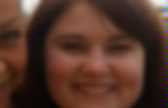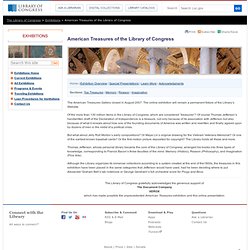

Urban Dictionary. Internet Modern History Sourcebook: Main Page. The Internet Modern History Sourcebook now contains thousands of sources and the previous index pages were so large that they were crashing many browsers. See Introduction for an explanation of the Sourcebook's goals. Explanation of Sources of Material Here . See the Help! Page for all the help on research I can offer. Although I am more than happy to receive notes if you have comments on this web site, I cannot answer specific research enquiries [and - for students - I cannot, or rather will not, do your homework.] English. YA Book blogs. Books. English Language Arts Resources. Creative Writing.
Freerice.com. No Fear Shakespeare. All Timelines. American Treasures of the Library of Congress. The American Treasures Gallery closed in August 2007.

The online exhibition will remain a permanent fixture of the Library’s Website. Of the more than 130 million items in the Library of Congress, which are considered “treasures”? Of course Thomas Jefferson’s handwritten draft of the Declaration of Independence is a treasure, not only because of its association with Jefferson but also because of what it reveals about how one of the founding documents of America was written and rewritten and finally agreed upon by dozens of men in the midst of a political crisis. But what about Jelly Roll Morton’s early compositions? Ushistory.org.